An exception to HIPAA for imminent and serious threat of harm
Posted over 11 years ago by Juliette Blount
Question: May a clinician, whether a primary care provider, psych/mental health nurse practitioner, psychiatrist, or school nurse, contact a patient's family or law enforcement if the clinician believes the patient might hurt himself or others?
Answer: Yes, if the threat of harm is serious and imminent. Federal regulations governing patient privacy have an exception for a patient who presents a serious and imminent danger. If a provider, in his or her professional opinion, reasonably believes that a patient presents a serious and imminent threat to self or others, the provider may reveal necessary information to law enforcement, school officials, family or other persons in a position to protect the patient or another. And, the clinician may alert an individual who the patient has threatened to harm, if the threat is serious and imminent. Generally, communications between health care providers and patients are private and confidential and the patient must authorize disclosures, unless those disclosures are for treatment purposes, payment purposes, or health care operations. Psychotherapy notes have special protections. However, in light of recent mass murders by patients who have been under psychiatric care and who have voiced their intention to harm others, the government has carved out new exceptions to the privacy laws. And, a California Supreme Court case from 1976 (Tarasoff v. University of California Board of Regents) set precedent that a mental health clinician must protect an individual who is the target of serious and imminent threat of harm, by notifying the targeted individual and law enforcement of the patient's threats.
Source: Carolyn Buppert, NP, JD www.buppert.com
